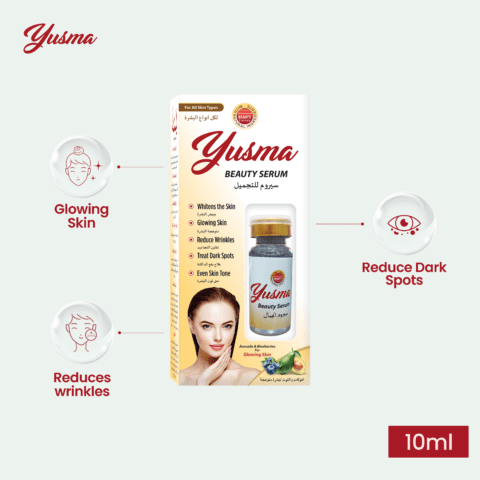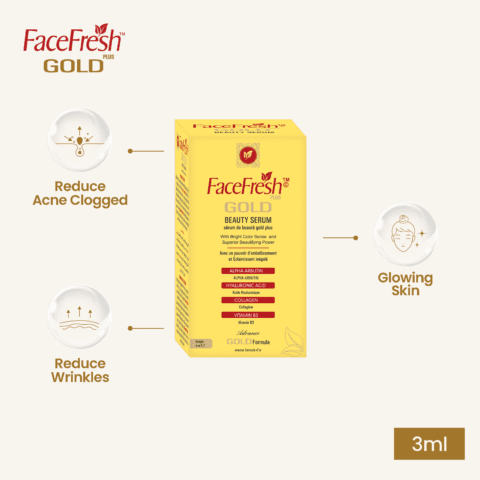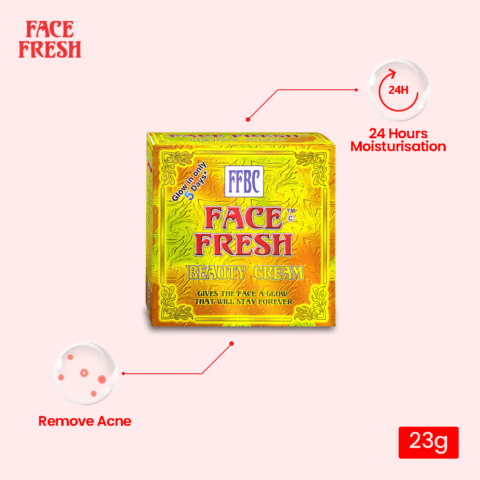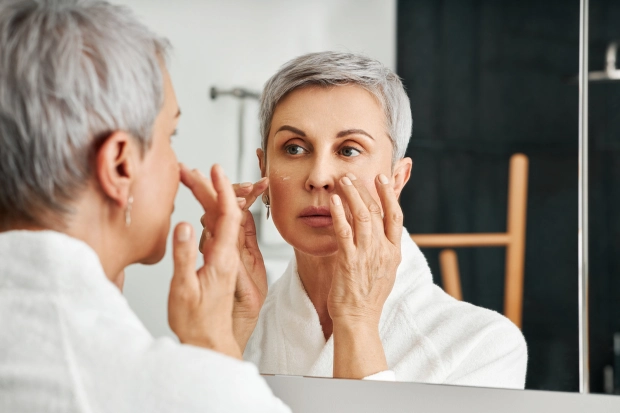Oily skin can be a challenge for many individuals, affecting not only their appearance but also their overall confidence. Understanding the causes and characteristics of oily skin is crucial in effectively managing and improving its condition. While there are various skincare products available in the market, it’s equally important to consider lifestyle factors that can contribute to oily skin and make necessary adjustments. This article explores the relationship between lifestyle and oily skin, providing valuable insights and practical tips to help you achieve a healthier and balanced complexion.
1. Introduction
Having oily skin is a common skin type characterized by excess sebum production. This can lead to a shiny appearance, enlarged pores, and an increased likelihood of acne breakouts. While genetics and hormonal changes play a significant role in oily skin, lifestyle factors can also influence its severity and overall condition.
2. Understanding Oily Skin
What is oily skin?
Oily skin occurs when the sebaceous glands produce excessive sebum, a natural oil that helps keep the skin moisturized. However, when sebum production is out of balance, it can lead to an overabundance of oil on the skin’s surface.
Causes of oily skin
Several factors contribute to oily skin, including genetics, hormonal changes, and environmental influences. Hormonal fluctuations during puberty, pregnancy, or certain medical conditions can trigger increased sebum production, leading to oily skin.
Characteristics of oily skin
Identifying the characteristics of oily skin is essential for developing an effective skincare routine. Oily skin is often characterized by a shiny or greasy appearance, visible pores, frequent acne breakouts, and a tendency to feel congested or clogged.
3. Lifestyle Factors Affecting Oily Skin
While some factors contributing to oily skin are beyond our control, adopting a healthy lifestyle can significantly improve its condition. Here are several lifestyle factors to consider:
Diet and oily skin
The foods we consume can impact our skin health, including oily skin. A diet high in processed foods, sugar, and unhealthy fats may exacerbate oily skin. Instead, opt for a well-balanced diet rich in fruits, vegetables, lean proteins, and whole grains. Omega-3 fatty acids found in fish, flaxseeds, and walnuts can also help regulate sebum production.
Stress and oily skin
Stress triggers the release of stress hormones, such as cortisol, which can stimulate the sebaceous glands and increase sebum production. Implementing stress management techniques like yoga, meditation, or engaging in hobbies can help reduce stress levels and improve oily skin.
Sleep and oily skin
Inadequate sleep disrupts the body’s natural processes, including hormone regulation. Lack of sleep can lead to increased sebum production and worsen oily skin. Aim for at least 7-8 hours of quality sleep each night to support skin health.
Exercise and oily skin
Regular exercise is beneficial for overall health, but it can also have positive effects on oily skin. Engaging in physical activities promotes blood circulation, oxygenates the skin, and helps regulate hormone levels. Opt for activities like brisk walking, jogging, or yoga to enhance skin health.
Skincare routine and oily skin
Having a proper skincare routine is crucial for managing oily skin. Use gentle cleansers specifically formulated for oily skin to remove excess oil and impurities. Incorporate oil-free moisturizers and non-comedogenic products to prevent clogged pores. Avoid overwashing or using harsh products, as they can strip the skin of its natural oils, triggering more sebum production.
4. Managing Oily Skin through Lifestyle Changes
Making lifestyle changes can significantly improve oily skin and restore balance. Here are some practical tips to consider:
Balancing diet for oily skin
Include fresh fruits, vegetables, whole grains, and lean proteins in your diet. Limit processed foods, sugar, and unhealthy fats that can aggravate oily skin. Stay hydrated by drinking plenty of water to flush out toxins and maintain skin elasticity.
Stress management techniques for oily skin
Incorporate stress management techniques into your daily routine, such as deep breathing exercises, meditation, or engaging in activities you enjoy. Prioritize self-care and set aside time for relaxation to reduce stress levels and improve oily skin.
Importance of adequate sleep for oily skin
Create a sleep routine that allows for 7-8 hours of uninterrupted sleep. Establish a relaxing bedtime routine, limit caffeine intake, and create a comfortable sleeping environment to support skin health.
Beneficial exercises for oily skin
Engage in regular physical activities that promote blood circulation and reduce stress levels. Choose exercises that you enjoy and can maintain consistently. Find a balance between cardio workouts and activities that promote flexibility and relaxation.
Effective skincare routine for oily skin
Develop a skincare routine that suits your oily skin type. Use gentle cleansers twice daily to remove excess oil and impurities. Incorporate oil-free moisturizers and non-comedogenic products. Consider using clay masks once or twice a week to absorb excess oil and unclog pores.
5. Additional Tips for Oily Skin Management
Apart from lifestyle changes, here are some additional tips to effectively manage oily skin:
Choosing the right skincare products
Opt for oil-free or water-based products specifically designed for oily skin. Look for ingredients like salicylic acid, benzoyl peroxide, or tea tree oil to help control oil production and reduce acne.
Importance of regular cleansing
Cleanse your face twice daily to remove excess oil, dirt, and impurities. Avoid scrubbing vigorously, as it can irritate the skin and trigger more oil production.
Exfoliation for oily skin
Incorporate gentle exfoliation into your skincare routine once or twice a week to remove dead skin cells and unclog pores. Use a mild exfoliator or consider chemical exfoliants like AHAs or BHAs.
Sun protection for oily skin
Apply a non-comedogenic, oil-free sunscreen with at least SPF 30 before sun exposure. Look for lightweight, gel-based formulas that won’t clog pores or contribute to excess oiliness.
Makeup tips for oily skin
Choose oil-free and non-comedogenic makeup products. Use matte foundations and oil-absorbing powders to control shine. Blotting papers can also help absorb excess oil throughout the day.
6. Conclusion
Managing oily skin requires a holistic approach that includes both skincare and lifestyle adjustments. By understanding the causes and characteristics of oily skin, as well as implementing healthy lifestyle practices, you can achieve a more balanced and healthier complexion.





Leave a comment
Your email address will not be published. Required fields are marked *